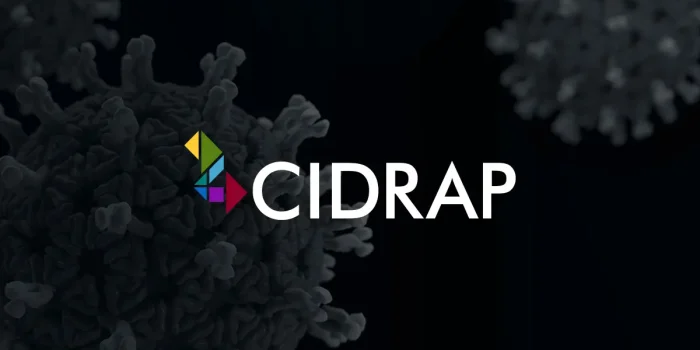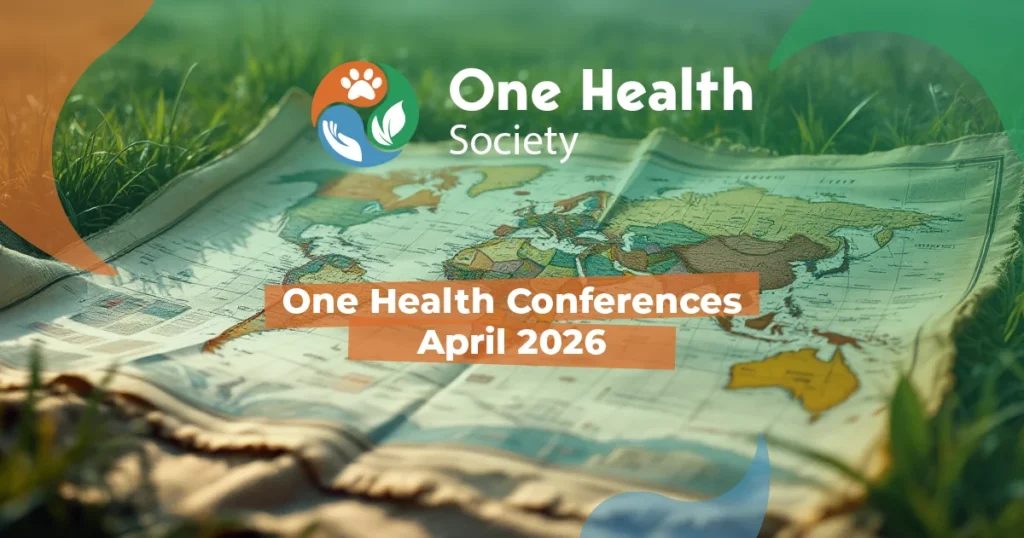The latest report from the US Government Accountability Office (GAO) makes four recommendations and details nearly 100 ways the US Department of Health and Human Services (HHS) could improve federal diagnostic testing during a public health crisis such as a pandemic.
It follows a May 2023 report that noted a lack of progress toward HHS emergency-preparedness goals.
GAO added HHS to its High-Risk List in January 2022, partially because of “persistent deficiencies in HHS’s ability to perform its role of leading the nation’s preparedness for, and response to, public health emergencies, including extreme weather events, infectious disease outbreaks, pandemics, and intentional acts.”
Pandemic threats are ever-present, with factors such as increasing animal-to-human disease transmission risk through farming practices, wildlife trade, and habitat loss in recent decades contributing to the threat.
To help HHS better lead the country’s testing efforts, which requires coordination with public and private organizations, GAO reviewed HHS documents, interviewed HHS officials, and convened a roundtable of 19 experts identified by the National Academies of Sciences, Engineering, and Medicine. The goal was to make recommendations and suggest steps to improve diagnostic testing development, deployment, guidance, and data collection.
“Pandemic threats are ever-present, with factors such as increasing animal-to-human disease transmission risk through farming practices, wildlife trade, and habitat loss in recent decades contributing to the threat,” the report noted.
“In addition, other infectious disease public health threats, such as mpox, could develop pandemic potential through genetic mutations increasing transmissibility or virulence,” it added. “Widespread diagnostic testing for diseases with pandemic potential can help reduce potential death rates.”
National testing strategy needed
The panel formulated four recommendations for HHS Secretary Robert F. Kennedy Jr.:
- Develop a national testing strategy that sets clear roles and responsibilities, improves collaboration, and features a coordinating group.
- Periodically update the national diagnostic testing strategy to incorporate lessons learned from infectious-disease threats with pandemic potential, other relevant public health threats, and any related preparedness exercises.
- Either establish a national diagnostic testing forum for infectious diseases with pandemic potential or expand an existing group. The forum should include a broad representation of HHS testing experts, its component agencies, and other relevant federal agencies, jurisdictions, public and private sectors, academia, and nonprofits.
- Ensure that the national testing forum meets regularly, both before and during infectious-disease threats with pandemic potential, other relevant public health threats, and any related preparedness exercises.
Examples of actions HHS should take are:
- Encourage diagnostic test research and development before a public health crisis.
- Expand the number of organizations able to perform diagnostic testing.
- Broaden communication of testing guidance.
- Increase standardization of diagnostic test data collection.
HHS taking some steps
“HHS officials said they are taking some steps to improve diagnostic testing related to the actions suggested by experts,” the report noted. “For example, to help expand the number of entities able to test during an emergency, HHS has developed guidance for non-traditional laboratories seeking approval to perform testing.”
To help expand the number of entities able to test during an emergency, HHS has developed guidance for non-traditional laboratories seeking approval to perform testing.
The report was a result of the 2020 Coronavirus Aid, Relief, and Economic Security (CARES) Act, which included a provision for GAO to monitor and report on the federal pandemic response.
HHS cancels funding for Moderna’s candidate H5 avian flu and pandemic vaccines













